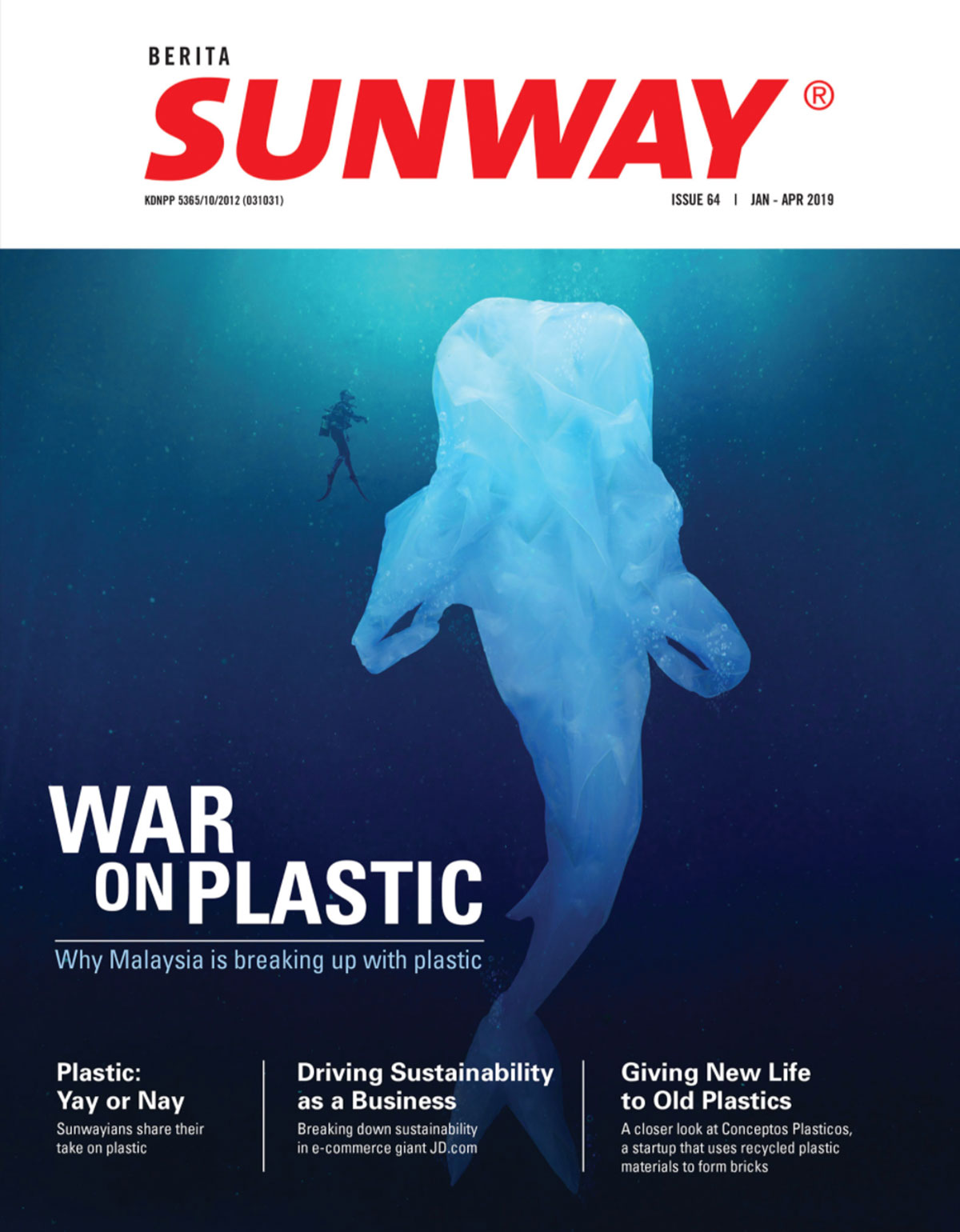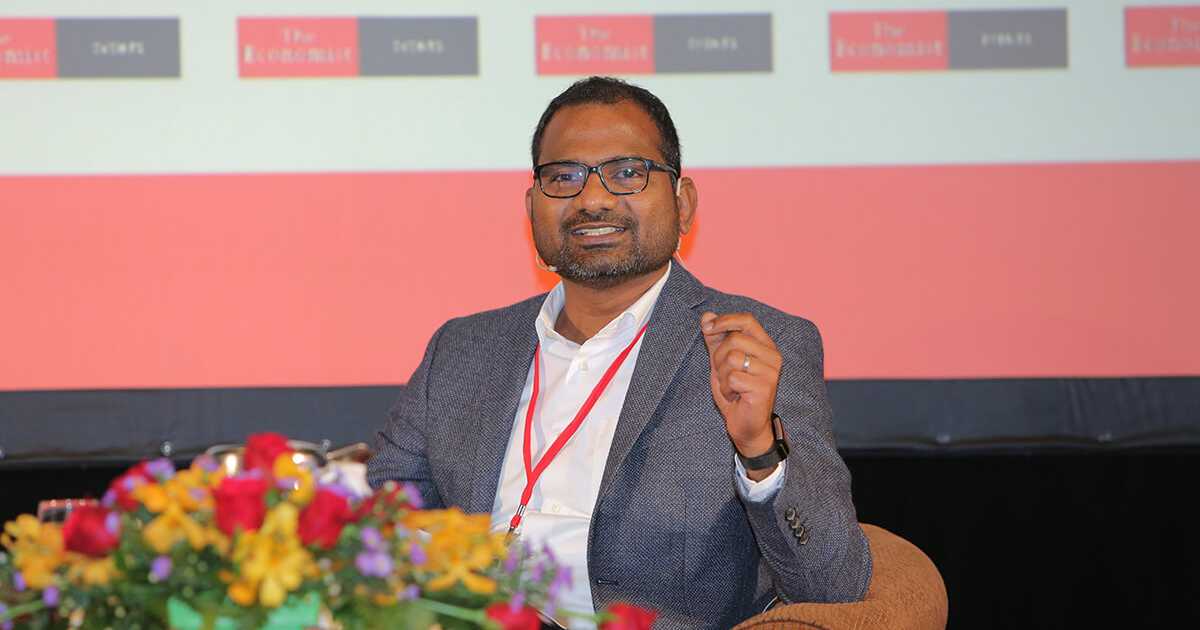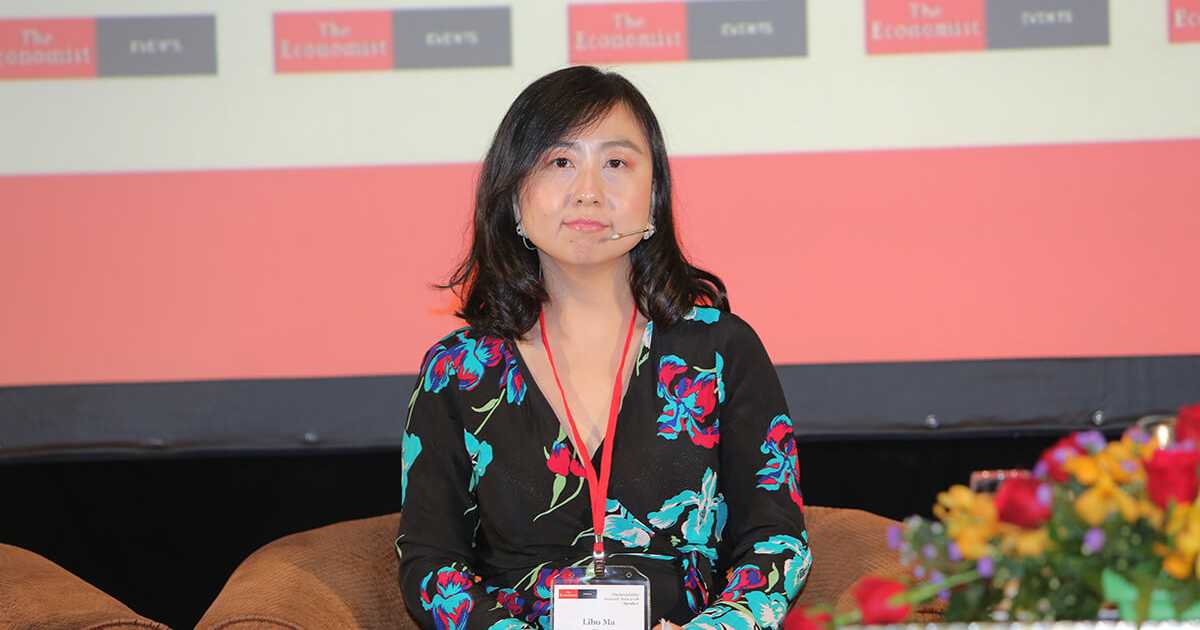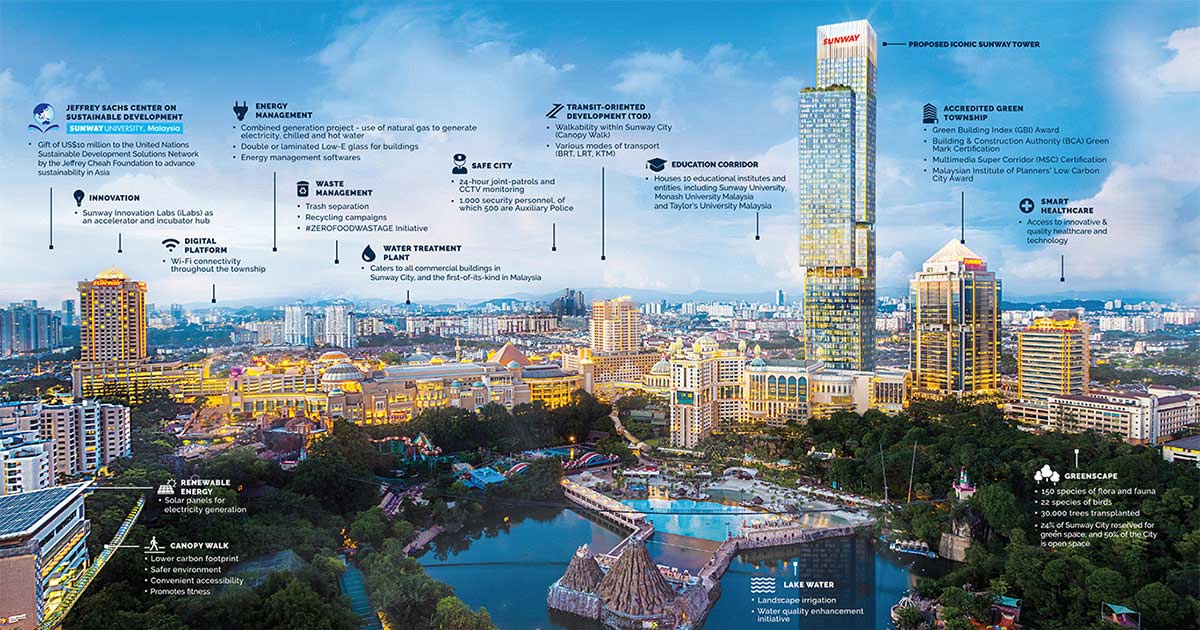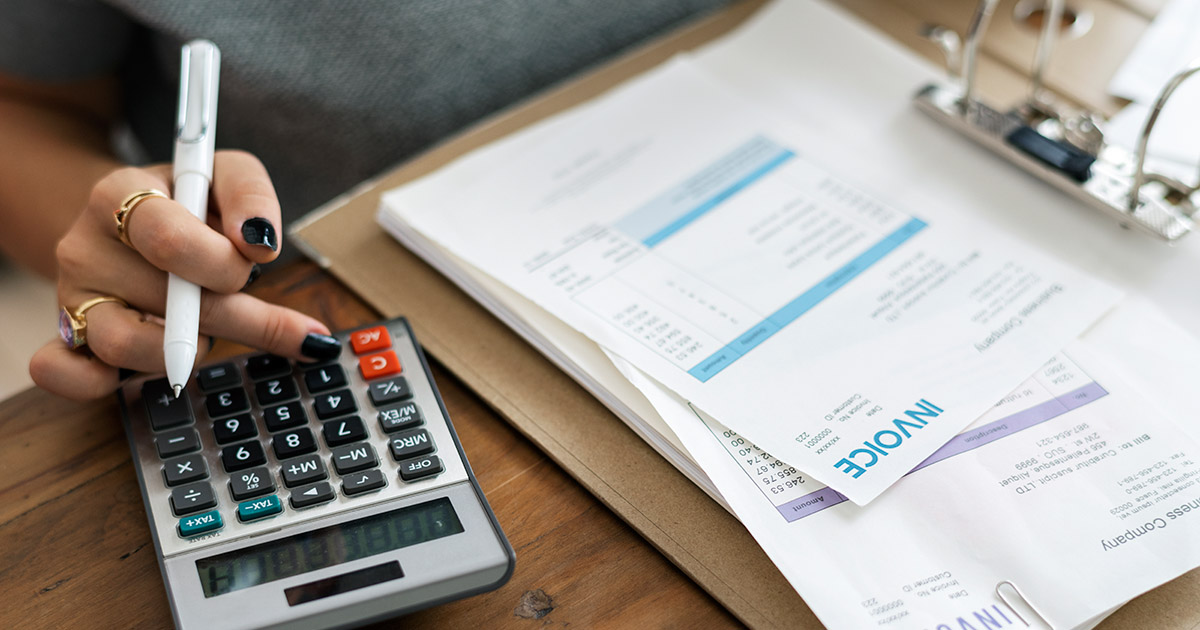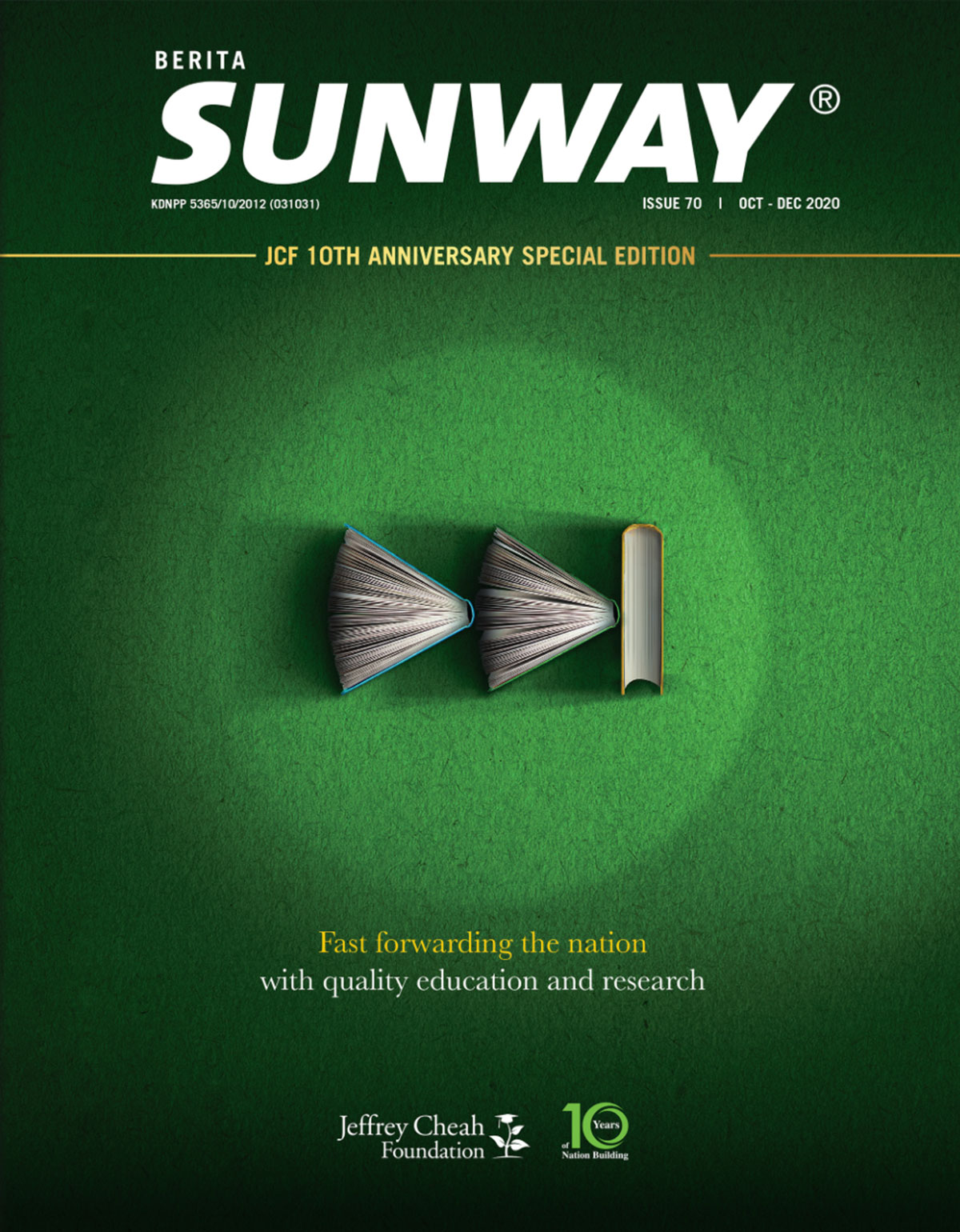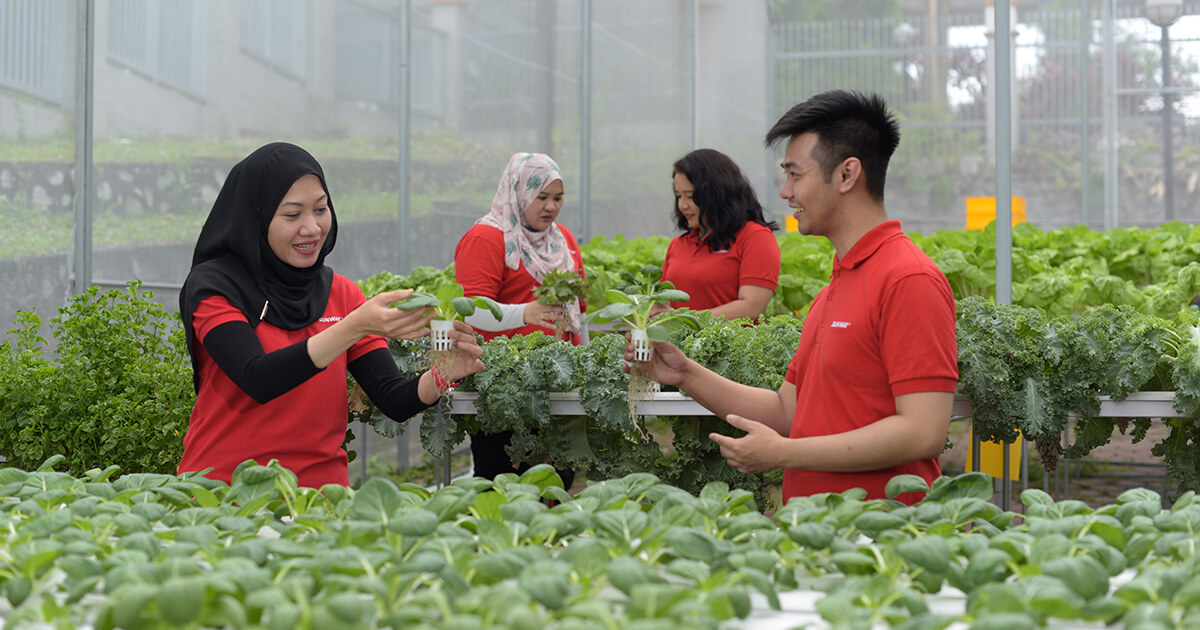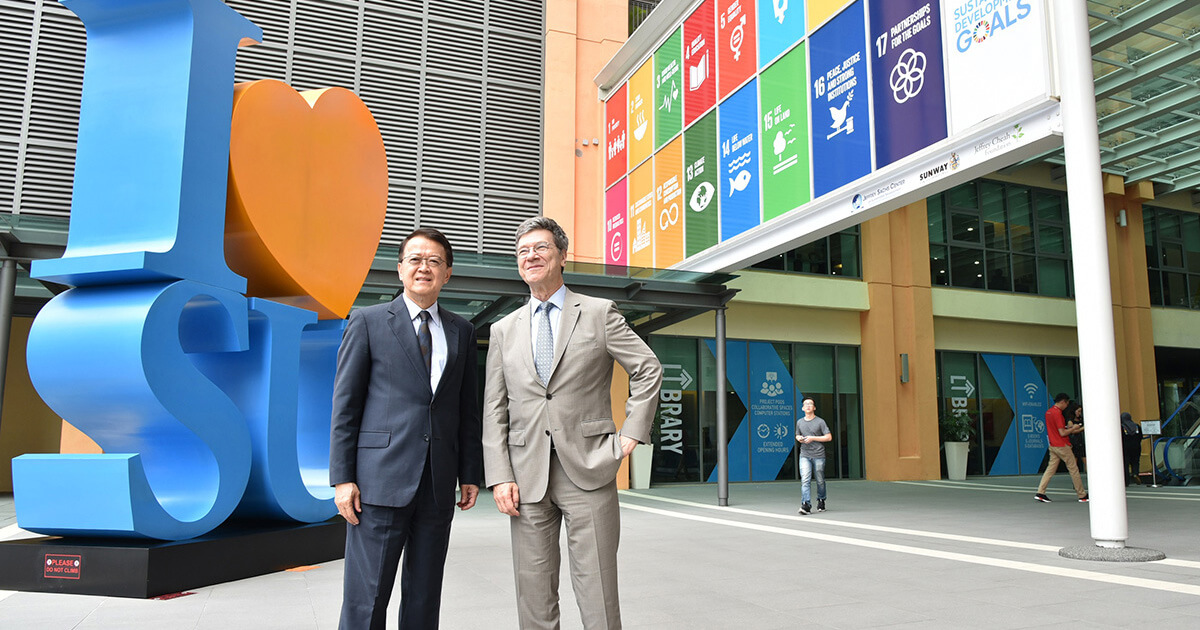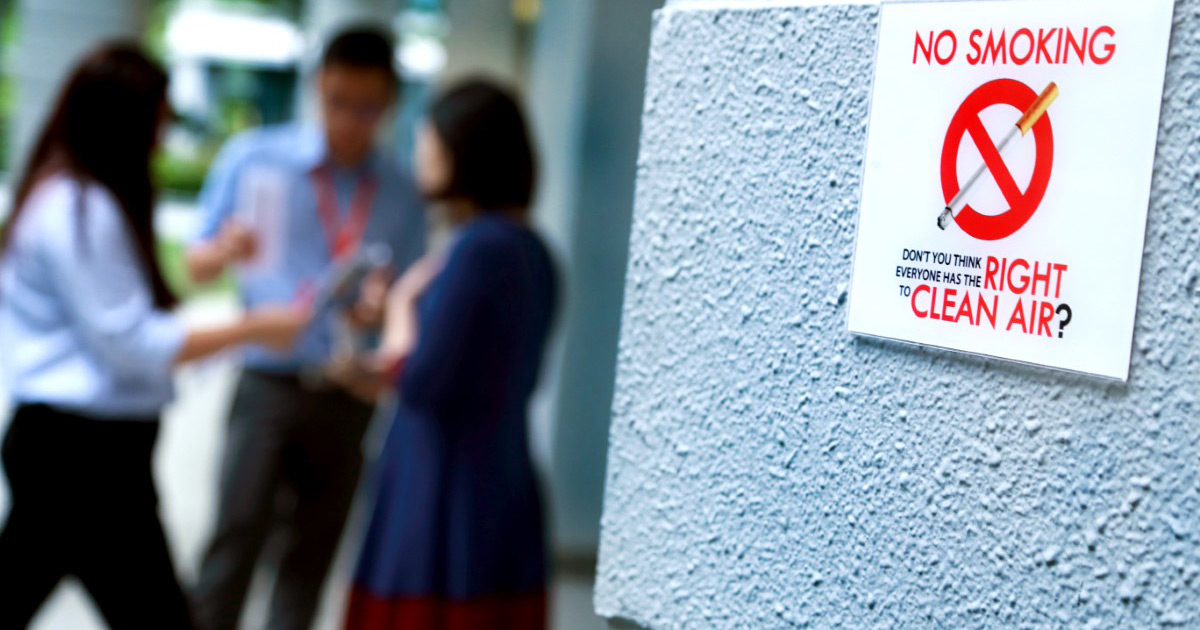Rethinking “Business As Usual”
-
Growing economic inequality gives rise to social unrest, hinders economic growth and prevents poverty reduction.
-
Current economic model has to be challenged by the people and rethought by the government.
-
Deepak Xavier believes society has the power to fight injustices of poverty and inequality.
Why do we need to address economic inequality?
Economic inequality is growing, unfortunately, at an alarming rate. Various studies have shown that economic inequality will have a very negative impact on the political, social and economic well-being of our planet. It contributes to more social unrest, hinders economic growth and prevents poverty reduction. Data shows that had we stopped inequality from rising in the last decade, we could have lifted 700 million more people out of poverty.
Why is it so difficult to tackle economic inequality?
To quote Mahatma Gandhi, “There is enough in this world for every man’s need but not every man’s greed”. Greed is what is affecting the world today. Warren Buffet famously said he pays income tax at a rate lower than his secretary. The super-rich and MNCs are avoiding paying taxes using legal loopholes. Our system has been built to reward those at the top, not those at the bottom. In last year alone, about 82% of wealth generated in the last 1 year went to the top 1%, and the people at the bottom – about 3.16 billion people – got nothing. The majority are hardworking people on the streets who get nothing after a hard year’s labour.
What are some of the policies or initiatives that have helped people break the poverty cycle?
Fair and equitable distribution is very important when it comes to addressing the inequality crisis. If the MNCs and super-rich start paying their fair share of taxes, then we will have more money to invest in tackling inequality – spending on public education and quality healthcare for everyone. In many countries, there is a big gap between minimum wage and living wage. Those who are paid minimum wage are still trapped in poverty because what it takes for you to have a decent life is much higher than minimum wage. Governments need to come up with national policies on living wage and provide better labour protection. We need to have protection, set standards, and make jobs secure; we need to protect labour rights.
The ones who can make economic decisions to change the ways the economic system works, are benefiting from the current system. How do we change their minds to consider the rest of the world?
The onus is on governments. They are not doing enough. The free market economy that has been promoted over the last 20-30 years has always argued for less state intervention and more free market – “The market should regulate itself and the market knows best.” Thirty years later, we are in a situation where we are witnessing unprecedented levels of inequality. The problem is with our current economic model. Without questioning and challenging that, we won’t be able to move forward. The role of businesses are important as employers, investors, service providers, and to promote economic growth activity. But if you and I play a game of chess, should we be left to decide who wins – or do we need a referee? We do need someone to regulate the system. Governments need to ensure that they close tax loopholes which are helping MNCs and super rich individuals to avoid paying taxes, and use those resources to invest in inequality reduction services like healthcare, education, social protection.
What difference can a regular person on the street make to reduce inequality?
I think all of us have a role in shaping policies and the destination that we collectively want to reach. We need to be aware of the consequences of our actions and the consequences of inaction by government, corporations and NGOs. We need to hold governments and businesses accountable. If not, governments will become businesses and we become consumers. That’s not what we want. We want a society, where the government is for and by the people, one that actually takes care of the needs and aspirations of all citizens. Somewhere along the journey, we have lost the sense of community, of ‘one’ society. Seeing my problem as yours and yours as mine is very important for us to build societies that are standing hand in hand to fight injustices of poverty and inequality.
Deepak Xavier was a speaker at the recent Sustainability Summit Asia event at Sunway Resort Hotel. The event was organised by The Economist in partnership with Sunway University’s Jeffrey Sachs Center on Sustainable Development.
Play your part in Oxfam’s ‘Even It Up’ Campaign which is designed to know more about overcoming inequality.
This article first appeared in Berita Sunway Issue 64











